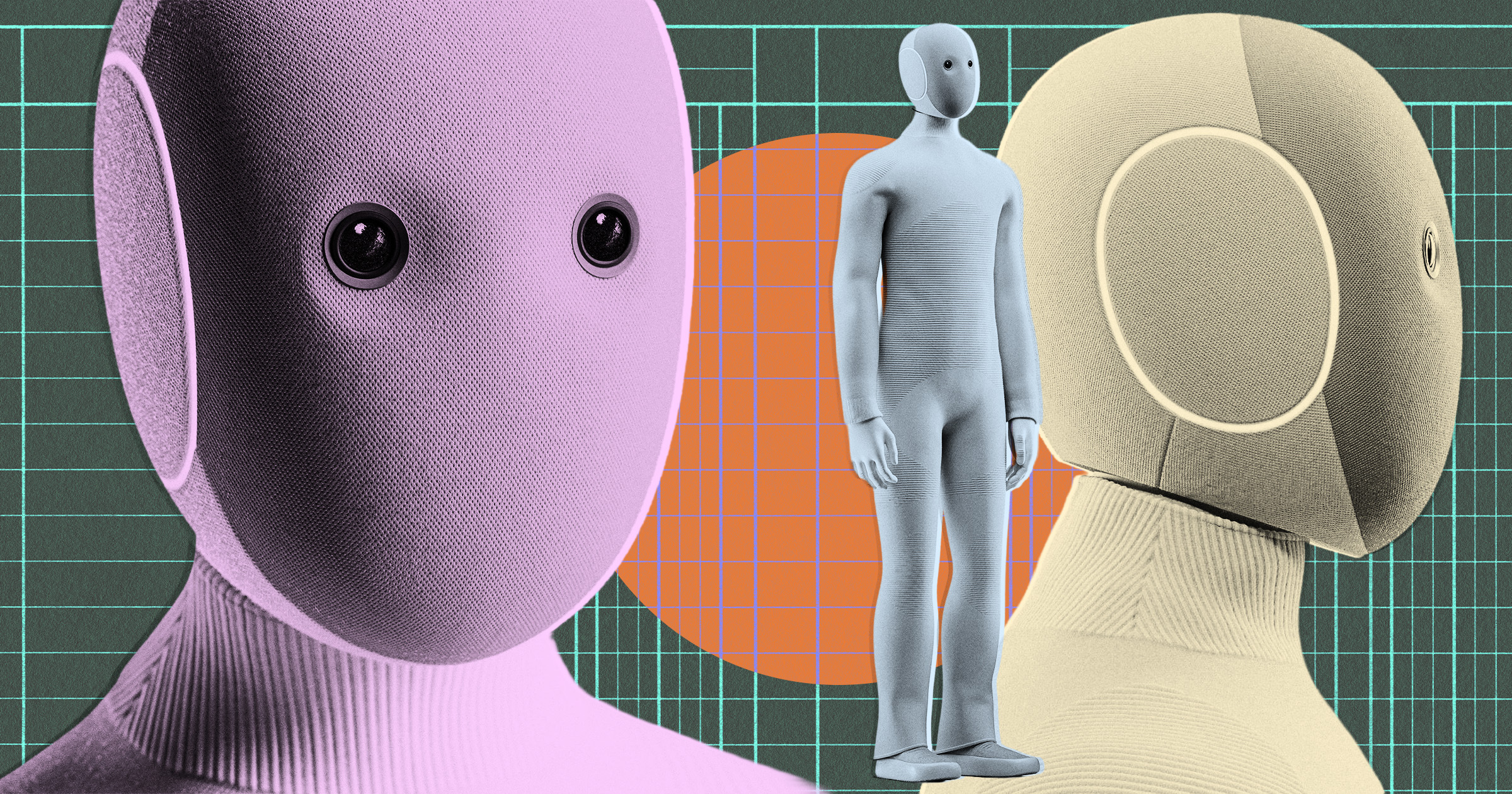The NEO robot, a new creation from the Palo Alto-based startup 1X, is set to revolutionize household chores, but it comes with significant limitations. Scheduled for shipping in 2026, this bipedal machine costs $20,000 and requires constant human oversight, challenging expectations for fully autonomous robotics.
Weighing 66 pounds and standing at five feet six inches, the NEO is designed to assist users in managing their homes. With a knitted covering and beady eyes, its appearance aims to soften the potential intimidation of robotic helpers. However, as reported by Fast Company, the NEO is not autonomous; it relies on remote operators to complete tasks.
Users can reserve their NEO for a $200 preorder fee, followed by a choice between a $499 monthly subscription or a one-time payment of $20,000. This pricing strategy raises questions about the practicality of such a high-cost device, especially given its reliance on human intervention.
The concept behind NEO originates from 1X founder and CEO Bernt Børnich, who has expressed a desire to create a more approachable form of robotics. In an interview with the Wall Street Journal, Børnich emphasized his intention to move away from the darker, more dystopian future often associated with robotics. Instead, he hopes to create a user-friendly device that families can integrate into their daily lives.
To operate the NEO, users must first download an app on their smartphones, allowing them to schedule tasks for the robot. This design means that a stranger will essentially be navigating through users’ homes, which could raise privacy concerns. Børnich acknowledged this, stating, “If we don’t have your data, we can’t make the product better.”
In addition to the teleoperation model, the NEO will collect data from its environment to enhance its artificial intelligence capabilities. This data collection will theoretically enable the robot to perform tasks independently in the future. Yet, the current limitations of humanoid robots highlight the challenges in achieving true autonomy.
According to technology and business journalist Michael Hiltzik, even the most advanced humanoid robots face difficulties with basic household tasks, such as navigating spaces and handling fragile items. The dream of a fully autonomous robotic assistant remains distant, with projects like Tesla’s Optimus and 1X’s NEO often appearing more focused on capitalizing on technological hype rather than delivering practical solutions for consumers.
As the market for humanoid robotics continues to evolve, the NEO serves as a reminder that for now, traditional human assistance remains the most effective solution for household chores. The high price tag and reliance on human operators suggest that while innovation in this field is ongoing, the vision of a fully self-sufficient robot butler is still far from realization.







